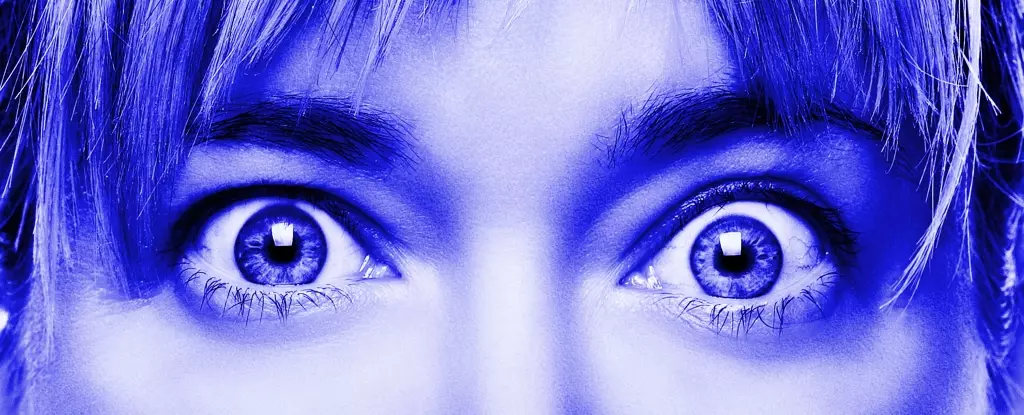Repetition is a peculiar phenomenon in the realm of human cognition. One of the most well-known examples of this is déjà vu, where we experience a strange sensation of familiarity in a situation we believe to be novel. However, recent research has shed light on the underlying mechanisms of how our memory system works. Déjà vu, rather than being a mere glitch, serves as a signal that our brain’s familiarity detection process is out of sync with reality. It acts as a form of fact-checking for our memory. On the flip side of déjà vu lies jamais vu, the unsettling feeling of unfamiliarity or novelty in something we know to be familiar. This rare phenomenon has intrigued scientists, leading to a deeper investigation into its workings.
In a recent study that earned an Ig Nobel prize, researchers delved into the mechanisms behind jamais vu. This phenomenon can manifest in various ways, such as viewing a familiar face and perceiving it as unknown or losing familiarity with a routine task like driving. The study involved experiments where participants were asked to repeatedly write the same word, leading to a sense of strangeness or unfamiliarity. The most common reason for stopping the task was the onset of jamais vu, highlighting the impact of repetition on cognitive processing. Interestingly, the feeling of jamais vu often arises after a certain number of repetitions, indicating a threshold for when familiarity transitions into unfamiliarity.
The researchers crafted experiments to induce jamais vu in participants by having them repeatedly write specific words. Through these trials, they observed how the mind grapples with the loss of meaning and coherence in familiar stimuli. Participants described their experiences ranging from words losing their significance to feeling a loss of control over their actions. This study, which spanned over 15 years of research and investigation, provided valuable insights into the cognitive effects of repetition. Moreover, it unearthed the concept of jamais vu as a mechanism to break the monotony of automatic processing and maintain cognitive flexibility.
The findings from this study have broader implications for understanding cognitive processes and disorders like OCD. The idea of satiation, where repetitive stimuli overload cognitive representations, leading to nonsensical outcomes, sheds light on how jamais vu operates. Moreover, the parallels with OCD research highlight how compulsive behaviors can alter one’s perception of reality. By recognizing the importance of jamais vu as a reality check for our cognitive systems, we can strive to unravel its complexities and potential therapeutic applications.
The peculiar dance between déjà vu and jamais vu offers invaluable insights into the workings of the human mind. Through meticulous experimentation and analysis, researchers have unraveled the underlying mechanisms of these phenomena. The recognition of jamais vu as a signal to snap out of automatic processing underscores the importance of cognitive flexibility. As we continue to explore the nuances of repetition and cognitive processing, we strive to unlock the mysteries of jamais vu and its implications for our understanding of the mind.

Leave a Reply